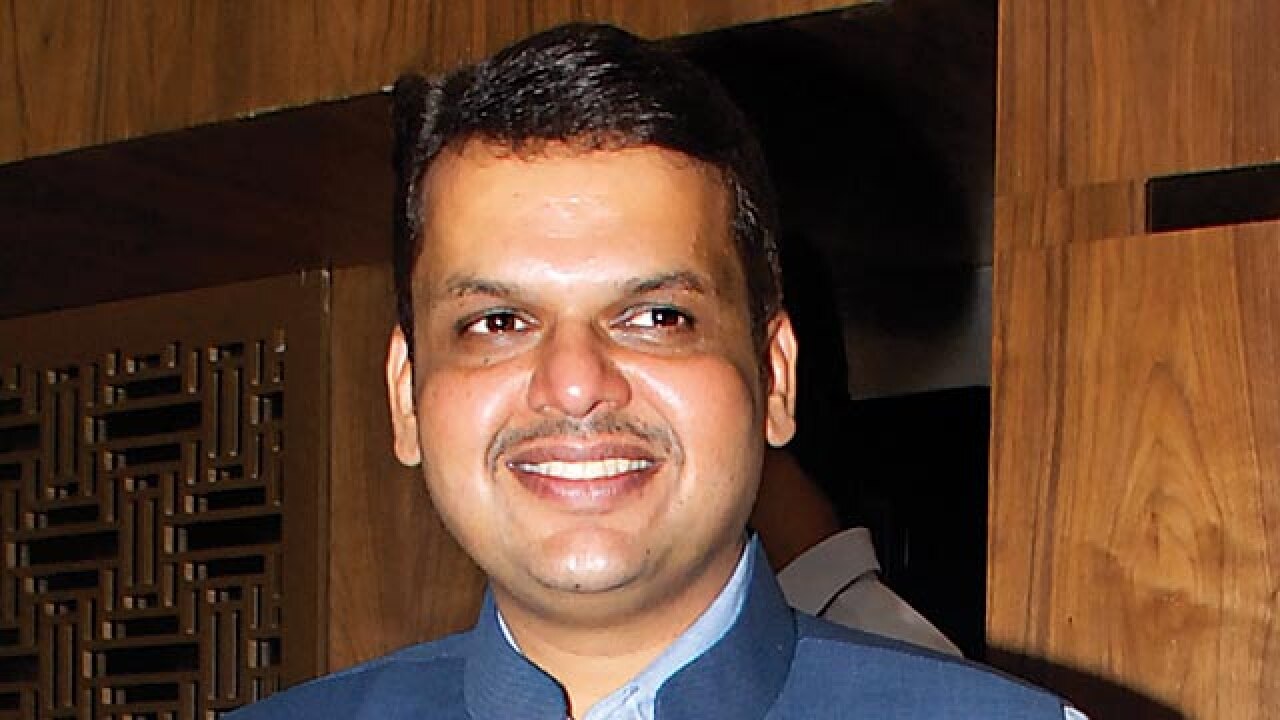
The face-off between quaint religious practices and forces of modernity over the entry of women at the Shani Shingnapur temple has the potential to spiral into a major crisis and become a law-and-order problem. Despite the Constitution of India forbidding any act of gender discrimination, many temples, mosques and other places of worship have acted in the most regressive manner by denying women entry into the premises or in the sanctum sanctorum. The authorities of the Shani temple too have followed this orthodox practice for ages, without realising that the world has moved on and that today men and women have equal rights in every sphere of life. On Republic Day when 350 women activists tried to enter the temple and in the process courted arrest, those opposing their action — the villagers where the temple is located — were equally determined to halt their progress.
The groundswell of support for the conservatives indicates how formidable the resistance is towards any change that question and challenges tradition and religious beliefs.
The women activists who want the doors of the temple open for them see a flicker of hope in Chief Minister Devendra Fadnavis. Fadnavis had earlier tweeted: “Women have always been given freedom to worship in Indian traditions and Hindu region. Discrimination in worship of God not our culture. Admin should take initiative to resolve issues.” In his meeting with the activists, he had apparently assured of support to the cause. In the Shani temple issue, as with all contentious religious affairs, the irony is inescapable. In a secular country like India, political parties thrive on such controversial matters, forever trying to gain mileage out of them. Across party lines, all of a sudden there is a consensus on the rights of women to practice their religion, even though barely a year ago, the same voices had been silent about this specific case of violation.
Politicising the issue or relying on a court order — there is already a petition pending in Bombay High Court over the ban on the entry of women into the temple — to end this discrimination, may not be an ideal solution. What can diffuse tension and gradually pave the way for a positive change is sustained dialogue between the opposing forces. Those averse to progress, citing tradition, need to realise that religious beliefs aren’t cast in stone. In Maharashtra, the extremely popular Vitthal-Rukmini temple now has non-Brahmin women priests carrying out the rituals. Though the move followed a Supreme Court order that put an end to the tradition of Brahmin families appointing the priests, the people’s wholehearted acceptance of such a change was undeniable.
What is much needed at this point is a voice of reason, emerging from the highest ranks of priests within the Hindu community, urging women to enter the temple. It would be far more effective than a court order that when enforced might create a new spell of animosities. Unfortunately, one of the so-called custodians of Hindu faith, Shankaracharya Swarupanand Saraswati, failed to rise to the occasion. His statement that no good would come out of women entering the sanctum sanctorum and worshipping the deity is an attempt to turn the wheel back.
There are at least seven popular places of worship across faiths that denied access to women. The Lord Ayyappa Temple in Sabarimala restricts women between the ages of 12 and 50 because of the menstrual cycle. The trustees of the iconic Haji Ali Dargah, feel that women in close proximity of the grave of a male Muslim saint is a grievous sin in Islam.
What can bring about a radical change, ensuring gender equality in temples and mosques, is a change in mindset. That will come about only if society collectively works towards it.